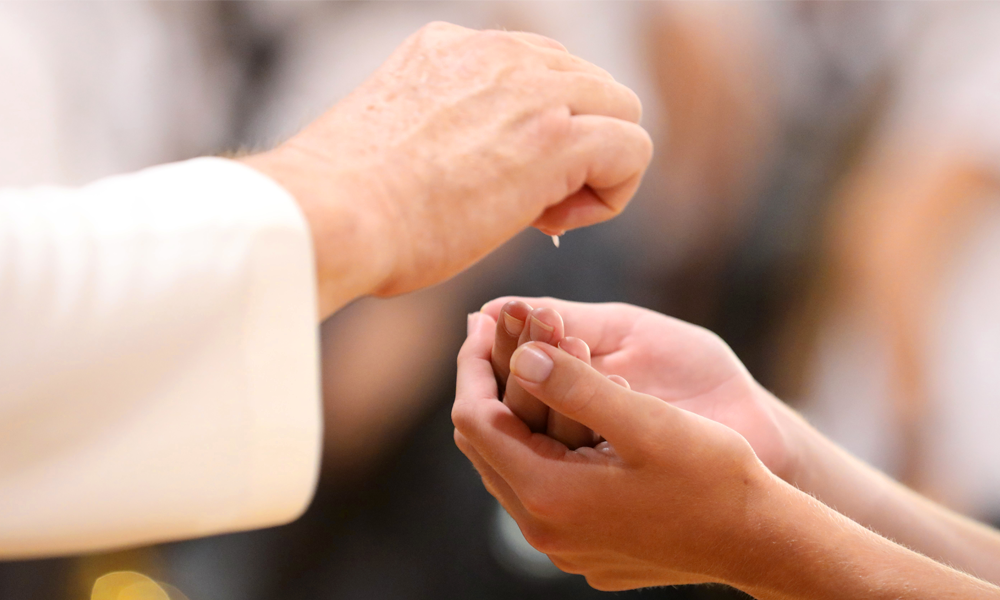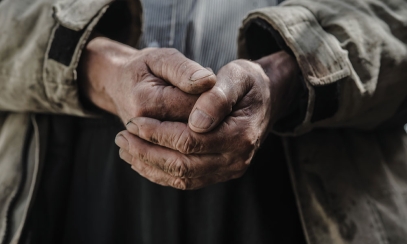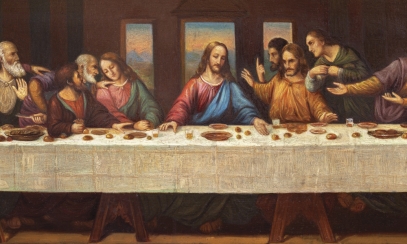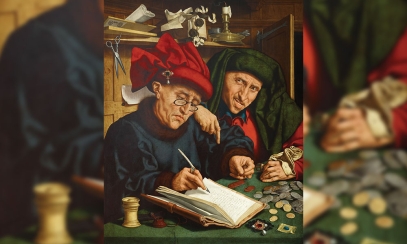
Why Weekly Mass Attendance is Obligatory
The Code of Canon Law (1247) states, and the Catechism of the Catholic Church (2180) affirms, that Catholics are obligated to participate in the Mass on Sundays and other holy days of obligation (or on the evening of the preceding day). The catechism (2181) goes on to say that the faithful are also obligated to participate in the Eucharist on days of obligation, “unless excused for a serious reason or dispensed by their own pastor.” It closes this paragraph with the admonition that the failure to fulfill this obligation constitutes a grave sin.
The Code of Canon Law (1247) states, and the Catechism of the Catholic Church (2180) affirms, that Catholics are obligated to participate in the Mass on Sundays and other holy days of obligation (or on the evening of the preceding day). The catechism (2181) goes on to say that the faithful are also obligated to participate in the Eucharist on days of obligation, “unless excused for a serious reason or dispensed by their own pastor.” It closes this paragraph with the admonition that the failure to fulfill this obligation constitutes a grave sin.
So, the short answer to the question “Why is Sunday Mass obligatory?” is that it is the law of the Catholic Church. However, this would be a somewhat superficial answer as the obligation is not the product of ecclesial law. Rather, the roots of this obligation are divine.
The types of law
Thomas Aquinas, who lived in the 13th century, understood law as something that is directed by its nature to the good, especially the universal or common good. As such, law is not something directed to primarily private persons but to a whole community. At the same time, Aquinas held that there is a hierarchy inherent in law.
At the top of this hierarchy is the eternal law. Eternal law is the divine wisdom of God that moves all things to their proper end, or to the common good of all things. Divine law is next and consists of eternal law as revealed to humanity by God. Natural law also consists of the eternal law. However, it is the eternal law imprinted on all things from which each derives the inclinations to move to proper acts and ends. Human law is the law of government. The laws decreed by governing agencies are the fruit of practical reason. However, it is important to note that human law is just only to the extent that is ordered to the common good of all and is in harmony with the general precepts of natural law, and thereby eternal law.
Now, back to the question of the Sunday Mass obligation. Its roots are in the Ten Commandments, which are an example of divine law because they were revealed to Moses and Israel by God.
The third gift
Moses received the Ten Commandments as a “gift of God himself and his holy will.” Specifically, the “ten words” are the words of God that “point out the conditions of a life freed from the slavery of sin.” They show us a path of life that sums up and proclaims God’s law and “make explicit the response of love that man is called to give his God.” (2057-60)
God’s third gift (or word) is the Sabbath. After bringing forth creation over six days, God rested. In doing so, God made the seventh day holy. God then commanded the people to keep this day holy. For Moses, this meant “No work may be done then either by you, or your son or daughter, or your male or female slave, or your beast, or by the alien who lives with you.” (Ex 20:10) In short, no one was to be excluded from the gift of the Sabbath and the freedom it promises. Furthermore, for Israel, keeping the Sabbath holy involved setting aside time to praise and thank God for the gift of creation and for delivering the people from captivity. Thus, the gift of the Sabbath established rest from daily labor and worship as conditions for a life free from slavery to sin.
Sabbath to Sunday
Catholics understand the Law, including the command to keep the Sabbath holy, as prefiguring and preparing for the Christ event. In Christ, the Law and the Sabbath are fulfilled. Specifically, Christ’s resurrection on the day after the Sabbath symbolizes a new creation, “the first of all days, the first of all feasts, the Lord’s Day – Sunday.” (2174)
Consequently, it is in participating in the Sunday Mass that we fulfill the command of the third gift. In doing so, we also fulfill the command of our hearts to worship God. The Sunday celebration takes up the commandment’s “rhythm and spirit in the weekly celebration of the Creator and Redeemer of his people.” (2176) The Sunday Eucharist becomes “the foundation and confirmation of all Christian practice.” (2181)
In closing
In his farewell discourse to the people he had led from captivity in Egypt to the cusp of the Promised Land, Moses said, “I have set before you life and death, the blessing and the curse. Choose life, then, that you and your descendants may live, by loving the Lord, your God, heeding his voice, and holding fast to him.” (Deut 30:19-20)
When it comes to the Sunday Mass obligation, we face a similar choice. If we take the perspective that this law is restrictive, controlling, and limiting, we might very well experience Sunday Mass in a spirit of resistance, resentment, and rebellion as we strain against that which we perceive as a curtailing of our freedom. However, if we view the obligation as a law that makes life in community and in communion with God possible, we may just experience Sunday Mass as the liberating exercise of our freedom that nourishes us and habituates us for eternal life.
Did you know?
Do you know the names of the sacred articles on the altar that are used during Mass?
- Roman Missal: The book which contains all the prayers of the Mass.
- Corporal: A piece of linen cloth which sits under the chalice, paten, and ciborium.
- Paten: The plate used for the large host which the priest consumes.
- Chalice: The cup which holds the precious blood of Christ.
- Ciborium: The vessel which holds the precious body of Christ.
- Purificator: The linen cloth used to cover and clean the precious blood from inside the chalice.
Doug Culp is the delegate for administration and the secretary for pastoral life for the Catholic Diocese of Lexington.



